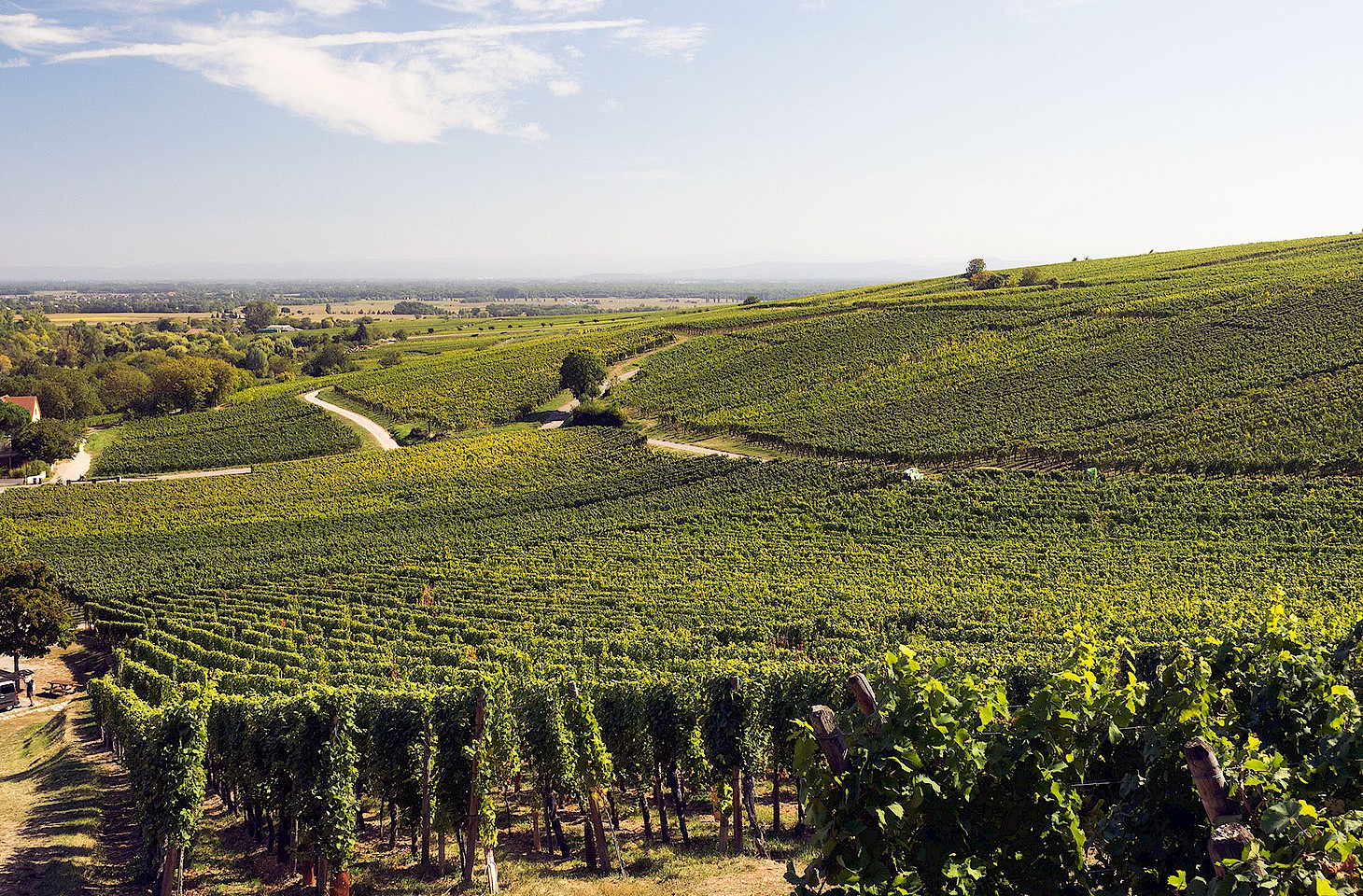Dear fellow travellers
Poems enliven the passing of the old year. Germans might reverently recite lines from Goethe this evening ('Zwischen dem Alten, Zwischen dem Neuen') while the English might favour Tennyson ('Ring out the old, Ring in the new'). We opt for John Clare who angrily, provocatively, compellingly charted a changing rural England in his verse. His lines on the eve of the New Year ('Old papers thrown away, Old garments cast aside') communicate the sense of exile and a palpable disconnect with the past that were so strong a feature of Clare's life - the past fading to nothingness and night. It is the writer's lot to tread the path of exile. And that's what we have tried to do in 2011.
We slept in a cold monastery on the shores of Lake Ohrid and, at the other end of Europe, we sensed the gentle grace of Orthodox liturgies at small communities in the forests of Karelia. We took the slowest of slow trains through a deeply rural area of Poland, rode the Centovalli railway to the sunny shores of Lake Maggiore, and chugged by steam train through Germany's Harz Mountains.
Those who have written for hidden europe have often been more adventurous in their travels than us. Karlos Zurutuza, who has been a regular contributor to the magazine for some years, has this year visited Berber communities in Libya and searched for traces of Mandaean culture and religion in Iraq. He has mingled with the Baloch in Pakistan and walked with Kuchi nomads as they drove their cattle across Afghanistan. His reports for international media capture the reality of everyday life for communities trapped in the crossfire of conflict.
Readers of hidden europe magazine will know Neil Taylor as a man who understands the politics and cultures of the Baltic States well. But he is also a specialist in North Korea, a country that remains, in every sense, a place apart. His next visit to North Korea is in April 2012. Others among our regular writers have cast a web over the planet, with Laurence Mitchell visiting Alaska, Nigel Roberts venturing to Belarus and Rudolf Abraham touching down in North Atlantic islands from the Lofotens to the Faroes. Even we sometimes venture beyond Europe, with one of us (Nicky) this year visiting the remote Musandam peninsula on the Strait of Hormuz and travelling alone through the Hajar Mountains of Oman.
John Clare's New Year travellers leave 'no footstep, mark or place, in either shade or sun.' But travel writers do of course leave their words as a mark of the year's itineraries. Reports of our own journeys and perspectives on European affairs have appeared in media from the Arctic to the Black Sea. Texts first published in hidden europe magazine (or in our e-brief) have featured in British tabloids and been translated into other European languages. Words by one or other of us have been published in media from the Barents Observer to the Buxton Advertiser. They've appeared in a Brussels-based business magazine, as an op-ed column in a Ukrainian newspaper and even within the august covers of the magazine of the Country Gentlemen's Association.
A high point of 2011 was the manner in which a handful of readers of hidden europe demonstrated their own capacity to write, contributing to a book we edited (for Bradt Travel Guides) on fifty of Britain's most intriguing bus journeys. It reminded us that we have much to learn from the experiences of our readers.
So fades the old year. To paraphrase Clare, the old times are being torn away, December slips to nothing. But the words remain. That's the beauty of travel writing. We hope you slip easily into 2012.
Nicky Gardner and Susanne Kries
(editors, hidden europe magazine)



